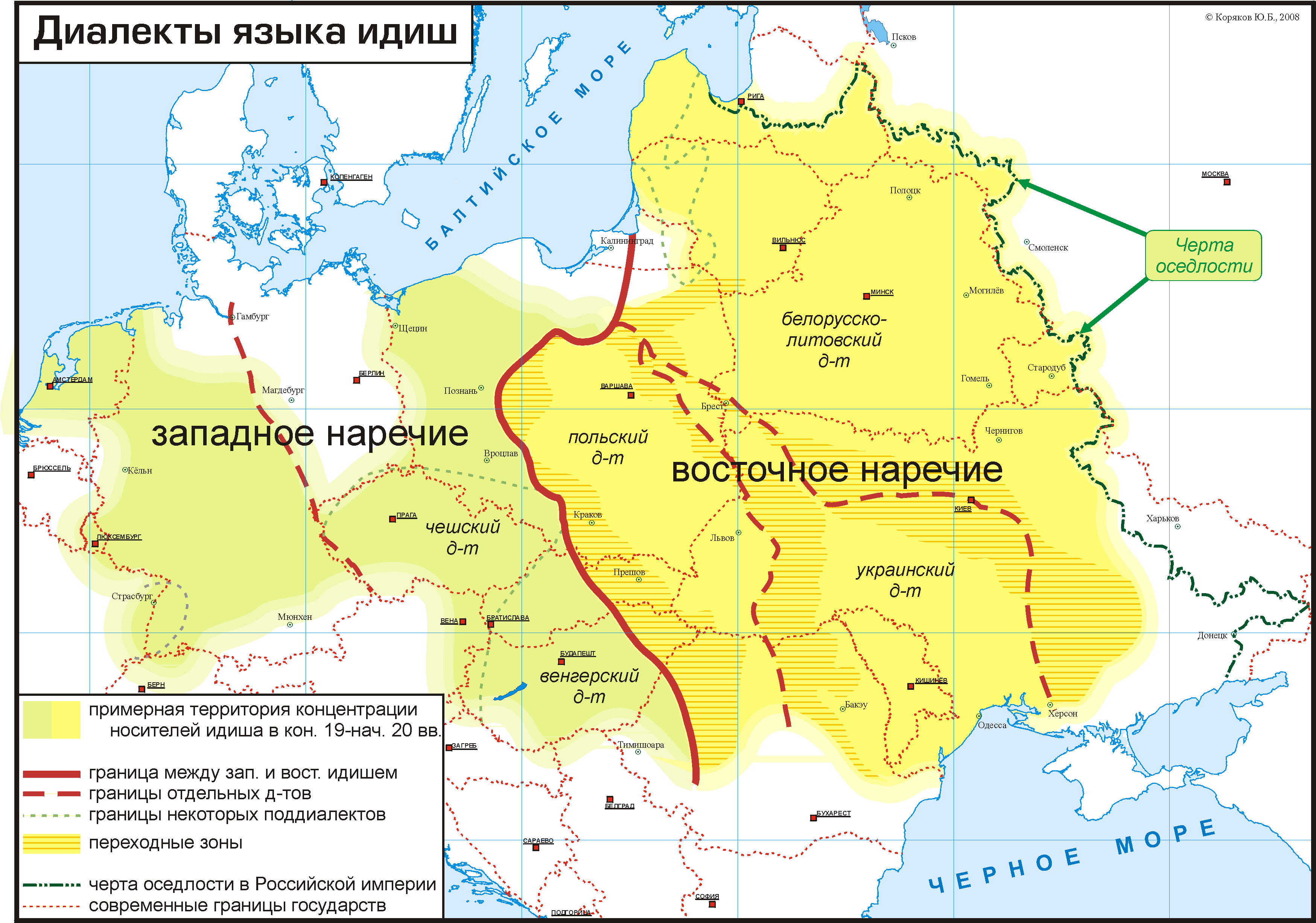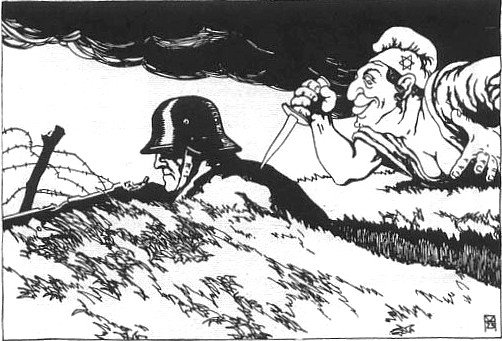|
Herman Berlinski
Herman Berlinski (18 August 1910 – 27 September 2001) was a German-born American composer, organist, pianist, musicologist and choir conductor. Life Family background; early upbringing Before he was born, Herman Berlinski's parents, Boris and Deborah Wygodzki Berlinski lived in the Jewish community of Łódź at the time when civil and political unrest was well underway in Russia from 1905, and growing discontent in Poland against the Russian rule had led to many uprisings. The largest of these, commonly called the June Days Uprising or the 1905 Łódź insurrection, took place in that same year. At that point, the Berlinskis fled to Leipzig, where they remained after the end of World War I, for although Poland was reconstituted in 1918, turmoil between Poland and the Soviet States of Russia and the Ukraine continued until early 1921 as Russia attempted to reclaim the territory that had belonged to it in the days of the empire. Furthermore, by contrast with the relative pov ... [...More Info...] [...Related Items...] OR: [Wikipedia] [Google] [Baidu] |
David Berlinski
David Berlinski (born 1942) is an American author who has written books about mathematics and the history of science as well as fiction. An opponent of evolution, he is a senior fellow of the Discovery Institute's Center for Science and Culture, an organization which promotes intelligent design. Early life David Berlinski was born in the United States in 1942 to German-born Jewish refugees who had emigrated to New York City after escaping from France while the Vichy government was collaborating with the Germans. His father was Herman Berlinski, a composer, organist, pianist, musicologist and choir conductor, and his mother was Sina Berlinski (née Goldfein), a pianist, piano teacher and voice coach. Both were born and raised in Leipzig, where they studied at the Conservatory, before fleeing to Paris, where they were married and undertook further studies. German was David Berlinski's first spoken language. He earned his BA from Columbia University and PhD in philosop ... [...More Info...] [...Related Items...] OR: [Wikipedia] [Google] [Baidu] |
Second Polish Republic
The Second Polish Republic, at the time officially known as the Republic of Poland, was a country in Central and Eastern Europe that existed between 1918 and 1939. The state was established on 6 November 1918, before the end of the First World War. The Second Republic ceased to exist in 1939, when Poland was invaded by Nazi Germany, the Soviet Union and the Slovak Republic, marking the beginning of the European theatre of the Second World War. In 1938, the Second Republic was the sixth largest country in Europe. According to the 1921 census, the number of inhabitants was 27.2 million. By 1939, just before the outbreak of World War II, this had grown to an estimated 35.1 million. Almost a third of the population came from minority groups: 13.9% Ruthenians; 10% Ashkenazi Jews; 3.1% Belarusians; 2.3% Germans and 3.4% Czechs and Lithuanians. At the same time, a significant number of ethnic Poles lived outside the country's borders. When, after several regional conflicts ... [...More Info...] [...Related Items...] OR: [Wikipedia] [Google] [Baidu] |
Bereavement In Judaism
Bereavement in Judaism () is a combination of ''minhag'' and '' mitzvah'' derived from the Torah and Judaism's classical rabbinic texts. The details of observance and practice vary according to each Jewish community. Mourners In Judaism, the principal mourners are the first-degree relatives: parent, child, sibling, and spouse. There are some customs that are unique to an individual mourning a parent. Halachot concerning mourning do not apply to those under thirteen years of age, nor do they apply when the deceased is aged 30 days or less. Upon receiving news of the death Upon receiving the news of the death, the following blessing is recited: : :Transliteration: :Translation: "Blessed are You, Lord, our God, King of the universe, the Judge of Truth lt., the Just Judge" There is also a custom of rending one's clothes at the moment one hears news of a death. Another prevalent custom is to tear at the funeral.Klein, Isaac, A Guide to Jewish Religious Practice, Ktav Publish ... [...More Info...] [...Related Items...] OR: [Wikipedia] [Google] [Baidu] |
Ephraim Carlebach
Ephraim Carlebach (March 12, 1879 in Lübeck – 1936 in Ramat Gan, British Mandate of Palestine), was a German-born Orthodox rabbi. Biography Carlebach belonged to a well-known German rabbi family. His father Salomon Carlebach (1845–1919) was rabbi in Lübeck. He had seven brothers and four sisters. He attended the Katharineum school in Lübeck, where he befriended his schoolmate Thomas Mann, as the latter recalled. Four of his brothers were rabbis as well. They were Emanuel Carlebach (1874-1927), Joseph Carlebach (1883–1942), David Carlebach (1885–1913) and Hartwig Naftali Carlebach (1889–1967).Sabine Niemann (ed.): ''Die Carlebachs, eine Rabbinerfamilie aus Deutschland'', Ephraim-Carlebach-Stiftung (ed.). Dölling und Galitz. Hamburg 1995, Carlebach is most known for his work in founding Orthodox Jewish schools in Germany, notably Leipzig, from 1900. He was a leading figure in the construction of the and the synagogue ''Etz Chaim''. In 1924, he was appointed the ... [...More Info...] [...Related Items...] OR: [Wikipedia] [Google] [Baidu] |
Yiddish Dialect
Yiddish dialects are variants of the Yiddish language and are divided according to the region in Europe where each developed its distinctiveness. Linguistically, Yiddish is divided in distinct Eastern and Western dialects. While the Western dialects mostly died out in the 19th-century due to Jewish language assimilation into mainstream culture, the Eastern dialects were very vital until most of Eastern European Jewry was wiped out by the Shoah. The Northeastern dialects of Eastern Yiddish were dominant in 20th-century Yiddish culture and academia, but in the 21st-century, since Yiddish is largely dying out everywhere due to language assimilation, the Southern dialects of Yiddish that are preserved by many Hasidic communities, have become the most commonly spoken form of Yiddish. Varieties Yiddish dialects are generally grouped into either Western Yiddish and Eastern Yiddish. Western Yiddish developed from the 9th century in Western-Central Europe, in the region which was called ... [...More Info...] [...Related Items...] OR: [Wikipedia] [Google] [Baidu] |
Yiddish Language
Yiddish (, or , ''yidish'' or ''idish'', , ; , ''Yidish-Taytsh'', ) is a West Germanic language historically spoken by Ashkenazi Jews. It originated during the 9th century in Central Europe, providing the nascent Ashkenazi community with a vernacular based on High German fused with many elements taken from Hebrew (notably Mishnaic) and to some extent Aramaic. Most varieties of Yiddish include elements of Slavic languages and the vocabulary contains traces of Romance languages.Aram Yardumian"A Tale of Two Hypotheses: Genetics and the Ethnogenesis of Ashkenazi Jewry".University of Pennsylvania. 2013. Yiddish is primarily written in the Hebrew alphabet. Prior to World War II, its worldwide peak was 11 million, with the number of speakers in the United States and Canada then totaling 150,000. Eighty-five percent of the approximately six million Jews who were murdered in the Holocaust were Yiddish speakers, Solomon Birnbaum, ''Grammatik der jiddischen Sprache'' (4., erg. Aufl., Ham ... [...More Info...] [...Related Items...] OR: [Wikipedia] [Google] [Baidu] |
Orthodox Judaism
Orthodox Judaism is the collective term for the traditionalist and theologically conservative branches of contemporary Judaism. Theologically, it is chiefly defined by regarding the Torah, both Written and Oral, as revealed by God to Moses on Mount Sinai and faithfully transmitted ever since. Orthodox Judaism, therefore, advocates a strict observance of Jewish law, or '' halakha'', which is to be interpreted and determined exclusively according to traditional methods and in adherence to the continuum of received precedent through the ages. It regards the entire ''halakhic'' system as ultimately grounded in immutable revelation, and beyond external influence. Key practices are observing the Sabbath, eating kosher, and Torah study. Key doctrines include a future Messiah who will restore Jewish practice by building the temple in Jerusalem and gathering all the Jews to Israel, belief in a future bodily resurrection of the dead, divine reward and punishment for the righteo ... [...More Info...] [...Related Items...] OR: [Wikipedia] [Google] [Baidu] |
Ashkenazi Jews
Ashkenazi Jews ( ; he, יְהוּדֵי אַשְׁכְּנַז, translit=Yehudei Ashkenaz, ; yi, אַשכּנזישע ייִדן, Ashkenazishe Yidn), also known as Ashkenazic Jews or ''Ashkenazim'',, Ashkenazi Hebrew pronunciation: , singular: , Modern Hebrew: are a Jewish diaspora population who coalesced in the Holy Roman Empire around the end of the first millennium CE. Their traditional diaspora language is Yiddish (a West Germanic language with Jewish linguistic elements, including the Hebrew alphabet), which developed during the Middle Ages after they had moved from Germany and France into Northern Europe and Eastern Europe. For centuries, Ashkenazim in Europe used Hebrew only as a sacred language until the revival of Hebrew as a common language in 20th-century Israel. Throughout their numerous centuries living in Europe, Ashkenazim have made many important contributions to its philosophy, scholarship, literature, art, music, and science. The rabbini ... [...More Info...] [...Related Items...] OR: [Wikipedia] [Google] [Baidu] |
Revolutions Of 1848 In The German States
In political science, a revolution (Latin: ''revolutio'', "a turn around") is a fundamental and relatively sudden change in political power and political organization which occurs when the population revolts against the government, typically due to perceived oppression (political, social, economic) or political incompetence. Revolutions have occurred throughout human history and vary widely in terms of methods, duration, and motivating ideology. Their results include major changes in culture, economy, and socio-political institutions, usually in response to perceived overwhelming autocracy or plutocracy. Scholarly debates about what does and does not constitute a revolution center on several issues. Early studies of revolutions primarily analyzed events in European history from a psychological perspective, but more modern examinations include global events and incorporate perspectives from several social sciences, including sociology and political science. Several generation ... [...More Info...] [...Related Items...] OR: [Wikipedia] [Google] [Baidu] |
Statelessness
In international law, a stateless person is someone who is "not considered as a national by any state under the operation of its law". Some stateless people are also refugees. However, not all refugees are stateless, and many people who are stateless have never crossed an international border. On November 12, 2018, the United Nations High Commissioner for Refugees stated there are about 12 million stateless people in the world. Causes Conflict of law Conflicting nationality laws are one of the causes of statelessness. Nationality is usually acquired through one of two modes, although many nations recognize both modes today: * ''Jus soli'' ("right of the soil") denotes a regime by which nationality is acquired through birth on the territory of the state. This is common in the Americas. * ''Jus sanguinis'' ("right of blood") is a regime by which nationality is acquired through descent, usually from a parent who is a national. Almost all states in Europe, Asia, Africa, and Oce ... [...More Info...] [...Related Items...] OR: [Wikipedia] [Google] [Baidu] |
Stab-in-the-Back Legend
The stab-in-the-back myth (, , ) was an antisemitic conspiracy theory that was widely believed and promulgated in Germany after 1918. It maintained that the Imperial German Army did not lose World War I on the battlefield, but was instead betrayed by certain citizens on the home front—especially Jews, revolutionary socialists who fomented strikes and labor unrest, and other republican politicians who had overthrown the House of Hohenzollern in the German Revolution of 1918–1919. Advocates of the myth denounced the German government leaders who had signed the Armistice of 11 November 1918 as the "November criminals" (german: Novemberverbrecher, label=none). When Adolf Hitler and the Nazi Party rose to power in 1933, they made the conspiracy theory an integral part of their official history of the 1920s, portraying the Weimar Republic as the work of the "November criminals" who had "stabbed the nation in the back" in order to seize power. Nazi propaganda depicted Wei ... [...More Info...] [...Related Items...] OR: [Wikipedia] [Google] [Baidu] |






